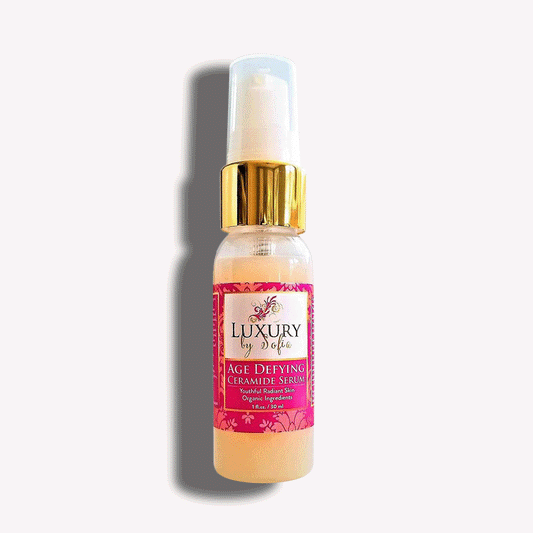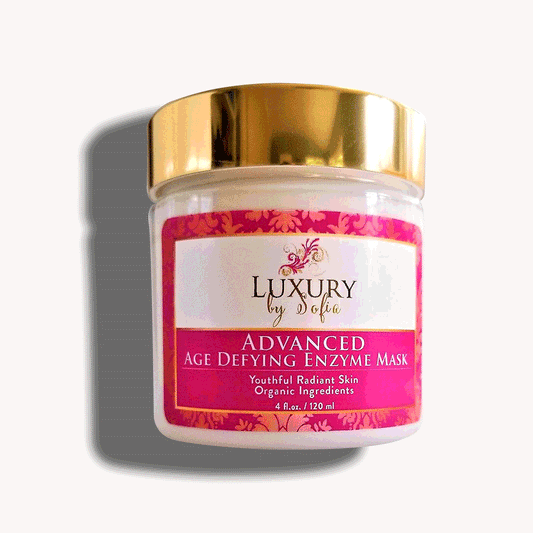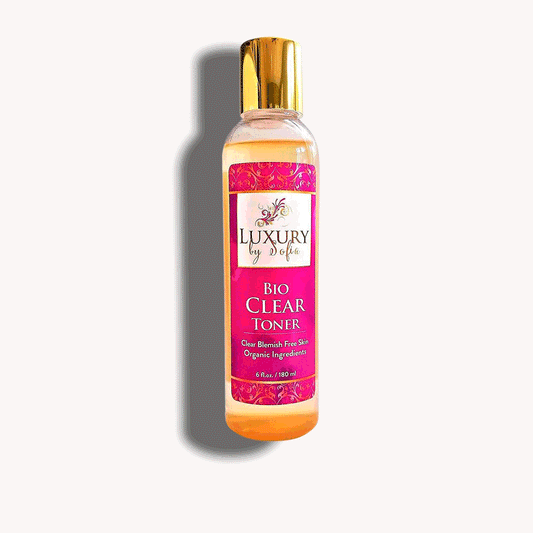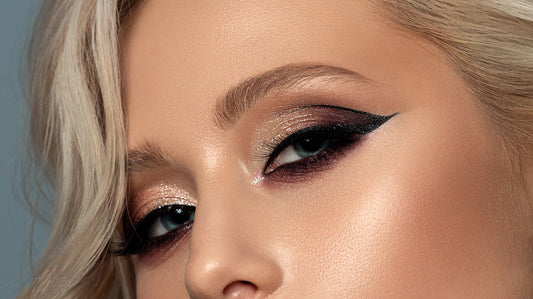Sunscreen is not just for a day at the beach anymore. Many people underestimate the importance of sunscreen in their daily skincare routine. In this blog post, we will uncover the truth about SPF (Sun Protection Factor) and the reasons why you should be wearing sunscreen every day.
What Is SPF?
SPF is a measure of how well a sunscreen can protect your skin from the harmful UV (ultraviolet) rays of the sun. The higher the SPF, the more protection it provides. SPF primarily refers to the sunscreen's ability to shield your skin from UVB rays, which are responsible for sunburn and play a key role in certain types of skin cancer.
Sunscreen And Daily Protection
Contrary to popular belief, it is crucial to wear sunscreen every day, not just on sunny days or during the summer months. Even on cloudy or overcast days, UV rays can still penetrate your skin and cause damage. Additionally, UV rays can pass through windows, so even if you're indoors, you are not completely protected.
Consistent daily use of sunscreen reduces the risk of developing skin cancer, including basal cell carcinoma, squamous cell carcinoma, and malignant melanoma, which is the deadliest form of skin cancer.
Try Now: Organic All Natural Zinc Sunscreen
Prevent Premature Skin Aging
UV rays not only increase the risk of skin cancer, but also contribute to premature skin aging. The sun's rays can cause wrinkles, fine lines, sunspots, and a loss of elasticity in the skin. Applying sunscreen every day helps slow down the signs of aging and keeps your skin looking youthful and healthy.
Protection Against Harmful UV Rays
UV rays are categorized into UVA and UVB rays. UVA rays contribute to skin aging, while UVB rays primarily cause sunburn. To protect your skin from both types of rays, it is essential to choose a broad-spectrum sunscreen that provides protection against both UVA and UVB rays.
How To Choose The Right Sunscreen
When selecting a sunscreen, there are a few key factors to consider:
SPF Level: Choose a sunscreen with SPF 30 or higher. SPF 30 blocks about 97% of UVB rays, while higher SPFs offer slightly more protection.
Broad Spectrum: Look for the term "broad-spectrum" on the label, indicating that the sunscreen protects against both UVA and UVB rays.
Water Resistance: If you're engaging in outdoor activities or water sports, opt for a water-resistant sunscreen to ensure it stays on your skin for longer periods.
How To Apply Sunscreen Properly
To get the maximum benefit from sunscreen, follow these guidelines:
- Apply sunscreen generously to all exposed areas of skin, including face, neck, arms, and legs.
- Be sure to apply sunscreen at least 15-30 minutes before going outside to allow it to absorb into your skin.
- Reapply sunscreen every two hours, or more frequently if you are sweating or swimming.
Conclusion
Wearing sunscreen every day, regardless of the weather, is essential for maintaining healthy skin and preventing skin damage. The harmful effects of UV rays are not limited to sunny days, and your skin needs protection year-round. Incorporate sunscreen into your daily skincare routine to ensure long-term skin health and prevent premature aging. Remember, prevention is always better than treatment. So, lather up and stay protected!














